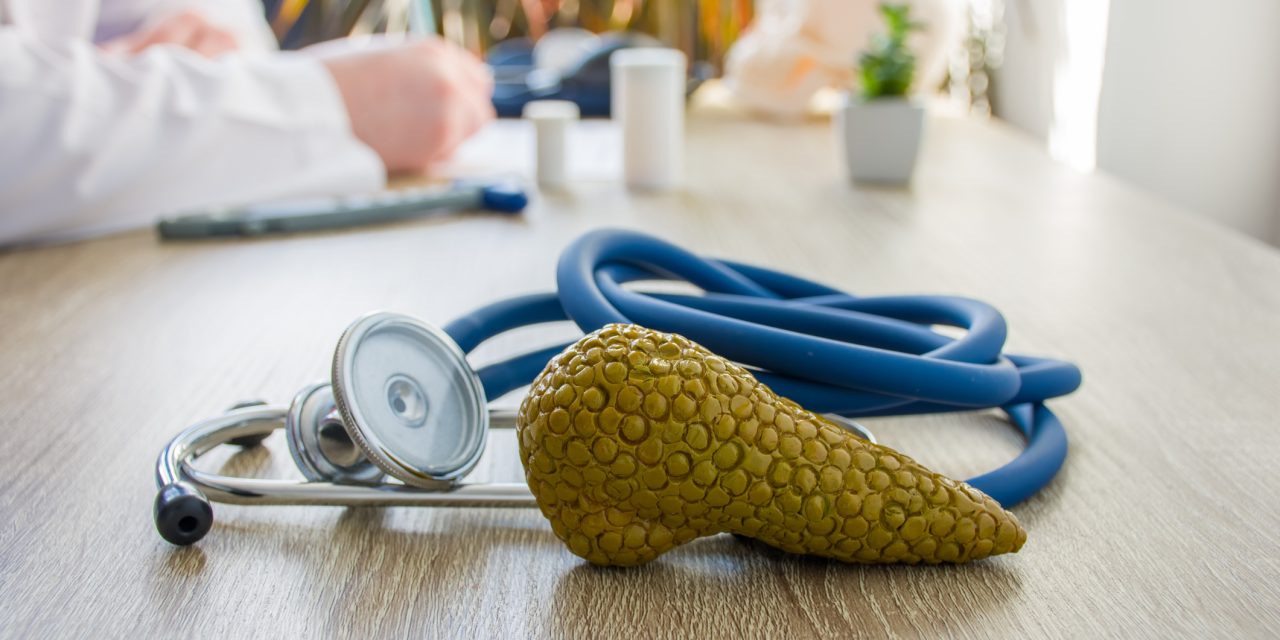The aim of the study was to evaluate the clinical effectiveness of complementary treatment using self-applied electrotherapy treatment for pain control over the standard hormonal treatment alone for deep infiltrative endometriosis (DIE).
Multicentre randomized clinical trial. We included a hundred-one participants with DIE in electrotherapy (n = 53) (hormonal treatment + electrotherapy) or control group (n = 48) (only hormonal treatment) by 8 weeks of follow-up. The primary measurement was chronic pelvic pain (CPP) using a visual analogue scale (VAS) and deep dyspareunia. The secondary outcomes were the quality of life by endometriosis health profile (EHP-30) and sexual function by female sexual function index (FSFI).
CPP relief was observed only in the electrotherapy group (pre:7.11 ± 2.40, post:4.55 ± 3.08, p < 0.001). In terms of deep dyspareunia, improvements were observed for both groups (electrotherapy pre:2.02 ± 0.54-1.36 ± 0.96, p < 0.001; control pre:1.95 ± 0.86-1.68 ± 0.82, p = 0.006). Considering the secondary outcomes, a higher total score post-treatment for the EHP-30 was noted in both groups. Regarding sexual function, there was a statistically significant improvement in the FSFI score for the electrotherapy group (p < 0.001), with an increase in the scores for lubrication and pain domains (p = 0.013 and p < 0.001).
Electrotherapy treatment using transcutaneous electrical nerve stimulation proved to be a good complementary option for pain control, showing benefits in the reduction of CPP and deep dyspareunia and improving patient’s quality of life and sexual function.
Copyright © 2020 Elsevier B.V. All rights reserved.
Hormonal treatment isolated versus hormonal treatment associated with electrotherapy for pelvic pain control in deep endometriosis: Randomized clinical trial.


